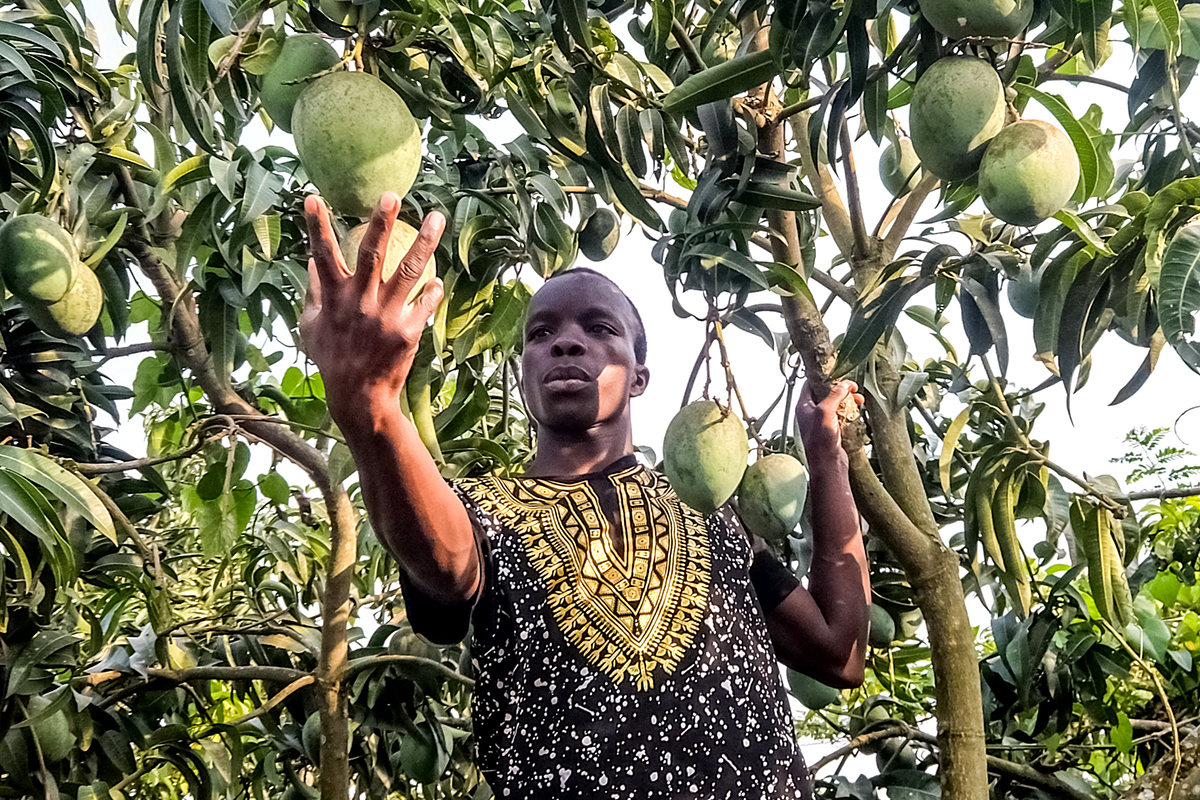Mango farmers in the Acholi sub-region districts of Kitgum and Pader are counting great losses after the low market for their produce (Mangoes) saw it decay in their own hands.
Tons and tons of mangoes have gone from ripe to rotten in the Acholi sub-region due to the close to no market for the mangoes. This has left the farmers with devasting losses that they may not recover from.
The most affected districts in the region include Kitgum and Pader as mangoes simply fall off trees and decay without anyone thinking of eating them or even buying from the owners.
One of the mango vendors in Aromorwot village, Labongo Amidst sub-county, Kitgum district could not help but cry out about how her business has been severely affected by the low market.
Additionally,she said that the initial cost of a basin of mangoes went for shillings 4000 yet it has currently dropped to prices ranging in between shillings 500 to 1000 creating a loss of upto shillings 3000.
Another farmer, Hellen Laryang who owns at least 30 mango tress in Pader district also expressed her distressed that was resulted from the losses she has had to incurr due to the losses she is experiencing.
Further, she argues that both government and district authorities need to look into the crisis and find either a ready market for the fruit output or put up a processor firm to cater for the surplus in the market.
Many farmers agreed to these suggestions as they believed it is the best alternative to save them from the extensive losses they have had to endure with a surplus of products.
ALSO, READ
Busia traders filled with rage after missing stalls in Busia Main market
Fish prices double in the Bunyoro sub-region
Minister Vincent Ssempijja credits the private sector for its contribution towards the development of the country
Kitgum District’s production officer Mr. Alfred Omony however believes that the excess surplus is due to the fact that most of the mangoes are ready for harvest at the same period which creates a surplus on the market and ripening is the end product.
The only mechanism that can be put in place to ensure that there is no surplus is the construction of an industry so that the excess mangoes do not go to waste but rather processed products like juice are made just like Ms Laryang suggested.




